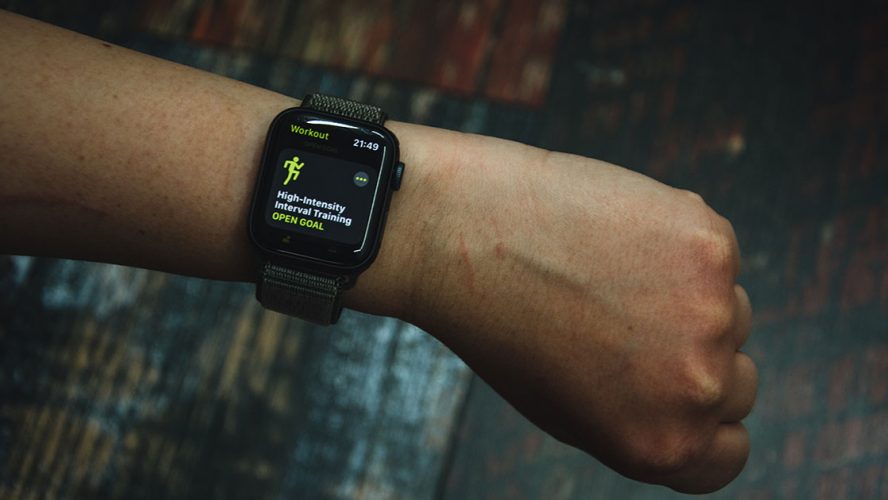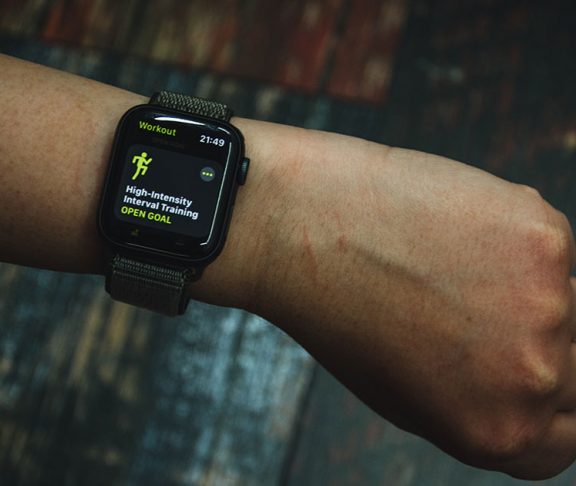
Trudie Lobban, MBE
Founder and CEO, Arrhythmia Alliance
Atrial fibrillation (AFib) is the most common form of arrhythmia (heart rhythm disorder) and its prevalence is set to rise — it is estimated that 12.1 million people in the United States will have AFib by 2030. The condition is also a major cause of death and disability, with the Centers for Disease Control and Prevention reporting that AFib was listed on 175,326 death certificates in 2018 and was the underlying cause of death in 25,845 of these deaths.
Specifically, AFib is a major risk factor for stroke. Without anticoagulation, a person with AFib is five times more likely to have an ischemic stroke than someone without AFib. AF-related strokes are often more fatal, disabling, and debilitating than strokes from other causes.
Preventing AFib
The first step in avoiding an AF-related stroke is to prevent AFib from developing in the first place. As AFib is a condition of the heart, a general “heart-healthy” lifestyle can help to reduce your risk of developing the condition.
For example, eating a diet rich in fruit and vegetables and exercising regularly will help keep your heart healthy. Avoiding smoking and drinking excessively are also good ways to have a healthy heart, and, thus, help prevent AFib.
“A very important risk factor is weight,” said Dr. Hugh Calkins, M.D. (Johns Hopkins Medical Institutions), medical director of Arrhythmia Alliance. “Multiple studies have shown that obesity greatly increases the risk of developing AFib. And more importantly, these studies have shown that weight loss lowers the risk of developing AFib.”
Calkins adds that if you do have AFib, weight loss “reduces or eliminates AFib” and “improves the likelihood of a favorable response to treatment with antiarrhythmic drugs and/or catheter ablation.”
Detection, protection, and correction
However, while healthy habits can lower your risk of developing AFib, along with cardiovascular disease in general, they are not a guarantee against AFib or AF-related stroke — particularly as the risk of AFib increases with age. Therefore, even if you have a healthy lifestyle, you still should be mindful of the need to detect AFib, because detecting AFib is the second step in avoiding an AF-related stroke. If you know you have AFib, you can protect against AF-related stroke by taking anticoagulation medication.
To raise awareness of the need to Detect AFib, Arrhythmia Alliance runs the Know Your Pulse to Know Your Heart Rhythm campaign. The campaign advocates that you can Know Your Pulse with a simple 30-second pulse check, and also provides information on how to perform pulse checks — either manually or with a smartphone app. If after checking your pulse, you detect that your heart rhythm is irregular, you should visit your healthcare practitioner to find out if you have AFib.
If diagnosed with AFib, you should be prescribed anticoagulation therapies to protect against AF-related stroke and offered treatments to correct the irregular heart rhythm.
As AFib can come and go, at Arrhythmia Alliance, we encourage everyone to get in the habit of performing regular pulse checks. If you perform a pulse check and find your heart rhythm is normal, that does not necessarily mean that you do not have AFib — it just means you were not having an episode of AFib when you performed the pulse check. Therefore, if you regularly check your pulse, you are more likely to detect if you are having an episode of AFib or an arrhythmia. Remember: Know Your Pulse to Know Your Heart Rhythm — it could save your life.

